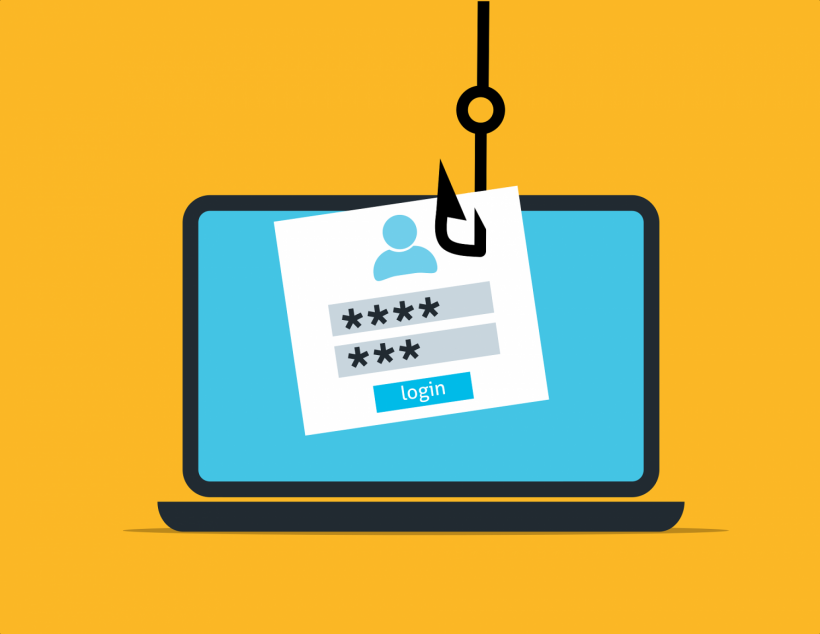According to cybersecurity experts at Trend Micro, an IT security company, phishing scams have become a significant concern as scammers increasingly target trusted brands.

Impersonating Well-known Companies
These scams involve the impersonation of well-known companies and the dissemination of phishing links through text messages or emails.
The ultimate objective of these scammers is to acquire personally identifiable information (PII) such as bank login details, email addresses, Social Security numbers, and credit card numbers.
The phishing links direct unsuspecting victims to fraudulent websites designed specifically to capture their PII, which can be used for various illicit activities, including identity theft.
Typically, these phishing links lead individuals to fake login pages where scammers can gather their login credentials and other sensitive data.
Recent investigations by Trend Micro have uncovered numerous phishing attempts which scammers pose as banks or financial service companies, exploiting people's trust and vulnerability.
One such example is the United Services Automobile Association (USAA) scam, which specifically targeted customers of the American financial services company catering to the military and their families.
In this scam, individuals receive false notifications claiming the need to update their USAA security settings. Scammers then instruct victims to click on an attached file to validate their accounts.
Clicking on the file leads to a highly convincing but counterfeit USAA login page designed to deceive unsuspecting victims.
Experts warn that these fake login pages are sophisticated phishing pages, enabling scammers to gain unauthorized access to submitted login credentials for their own nefarious purposes.
To protect oneself, it is crucial to refrain from clicking on any unknown attachments or links.
Read Also: FCC Issues Order of Blocking One Eye for Enabling Robocall Scams
Other Targeted Institutions
Another targeted institution is NatWest. Scammers exploit the brand by sending fraudulent security notification emails, attempting to create anxiety among recipients regarding potential unauthorized activities in their accounts.
The emails contain a link that prompts users to run a security check. Clicking on the link directs victims to a counterfeit NatWest login page, enabling scammers to gather login credentials and compromise their accounts.
Phishing scams are not limited to banking institutions alone. Even delivery companies like USPS are frequently impersonated. Scammers send phishing text messages disguised as failed package delivery notifications, enticing individuals to click on malicious links.
These phishing links, as highlighted by Trend Micro, lead to deceptive websites designed to collect victims' PII.
CVS, a popular pharmacy chain, is also not immune to such scams. Scammers employ tactics promising free money and credit to lure unsuspecting users into clicking on fake links, aiming to exploit their trust.
Additionally, Costco has been frequently impersonated in phishing scams. The latest scheme involves scammers offering rewards through an online survey.
However, participation in the survey requires the provision of sensitive PII, such as credit card details, which scammers promptly exploit for illicit purposes.
To enhance online safety, cybersecurity experts from Trend Micro recommend several preventive measures. These include double-checking the sender's mobile number or email address, exercising caution even if the communication seems legitimate, and refraining from taking immediate action.
Furthermore, individuals should only use official websites and applications, avoiding suspicious links.
As phishing scams continue to evolve and threaten individuals' personal data security, the experts at Trend Micro emphasize the importance of vigilance and proactive measures to ensure protection against these fraudulent activities.
Related Article: Holiday Scams: The New Go-to for Modern Day Criminals










